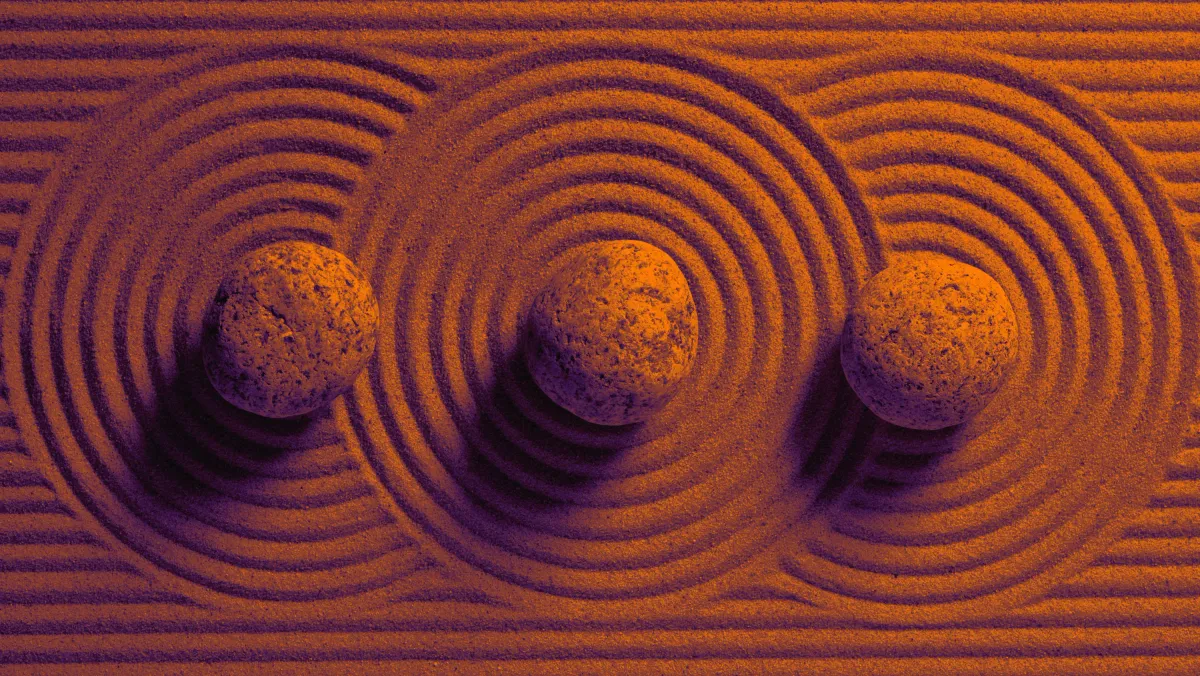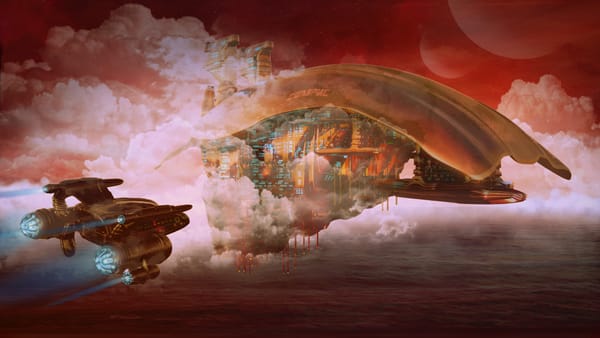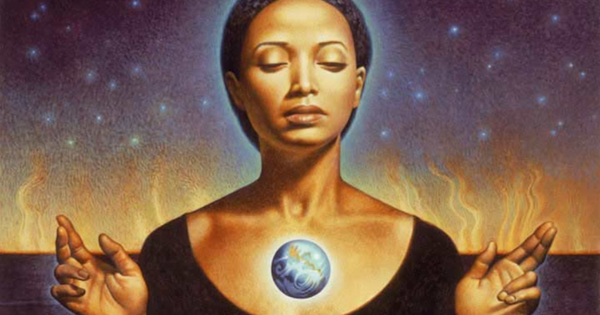The Three-Body Problem: How The Past Shapes the Present

Liu Cixin's The Three-Body Problem is a science fiction novel, popularized by its unique backdrop of China's Cultural Revolution. The novel commences in medias res of the revolution with the brutal slaughter of Ye Zhetai, father of the protagonist Ye Wenjie, on the basis of “reactionary” (11) intellectual ideals. Witnessing this “struggle session” (11) sows a seed of resentment in Ye Wenjie which augments throughout her life and molds her into a coldhearted adult. Cixin employs this violent opening scene to set the stage for Ye Wenjie’s decline into misanthropy and display the trauma of the revolution that still haunts the present day.
In the course of The Three-Body Problem, Ye Wenjie, shaped by the tumult of the Cultural Revolution, grapples with familial betrayal and her father's fate at the hands of Maoist authorities. Her grief “dissolved in her blood where it would stay for the rest of her life” (18) and the “feelings from that terrible night” (20) would forever torment her and drive her decision making. The narrative delves into the consequences of her choices, from the death of her daughter due to intergenerational trauma to betraying humanity to aliens. Quotes like “The entire human race has reached the point where no one is listening to their prayers” (151) and “Our civilization is no longer capable of solving its own problems.” (215) showcase how profoundly Ye Zhetai’s murder altered her perception of humans, leading her to put all of humanity in the hands of aliens. In the twilight of her life, Ye experiences remorse, but more so finds a strange comfort in her solitude. This narrative arc serves as an allegory for the need for human suffering to perpetuate itself and how the past explains the present.
As discussed in lecture, the Chinese revolution was brutal but was also vital to the pivotal motion of China in the field of science and technology. In The Three-Body Problem, Liu Cixin almost takes on a tone of nostalgia for the revolution when he portrays current day China. There is an ironic sense of vacancy in his description which was once occupied by “struggle sessions” (11) and burning the “enemy to ashes in revolutionary flames” (10). While others may perceive this vacancy as a sign of peace after decades of brutality, Ye Wenjie views it as a threat to intellectual freedom and a sign that humanity has failed, as conveyed through quotes such as “I thought humans were insignificant, and nothing was worthwhile” (142). The tone of absolute certainty in such quotes is evidence of how entrenched these extreme ideologies are in Ye Wenjie. Ye Zhetai was killed for teaching Western physics and being a “reactionary academic” (11). In the years following the revolution, scientists mysteriously began committing suicide, one of whom left being a note that read “Physics has never existed, and will never exist.” (50). These instances are a testament to the power of Mao’s propaganda. Ye Wenjie, being a physicist herself, thus wields her knowledge to turn the power of science around on the world by annihilating it. Through this, Cixin imparts a commentary on the gravity of human sentience and reiterates that history makes us who we are.
The progression of Ye Wenjie’s character arc makes her somewhat of an anti-hero. By the end of The Three-Body Problem, the reader looks down upon her for how she exploits her grief yet one cannot help but pity her. Writing the character of Ye Wenjie through the lens of the Chinese revolution, Cixin masterfully depicts the cyclical nature of human suffering and how history sculpts the future. Through this narrative, the author tells his own life story of
growing up during the barbarity of the revolution and experiencing its spillover into his adult life in 21st century China.




